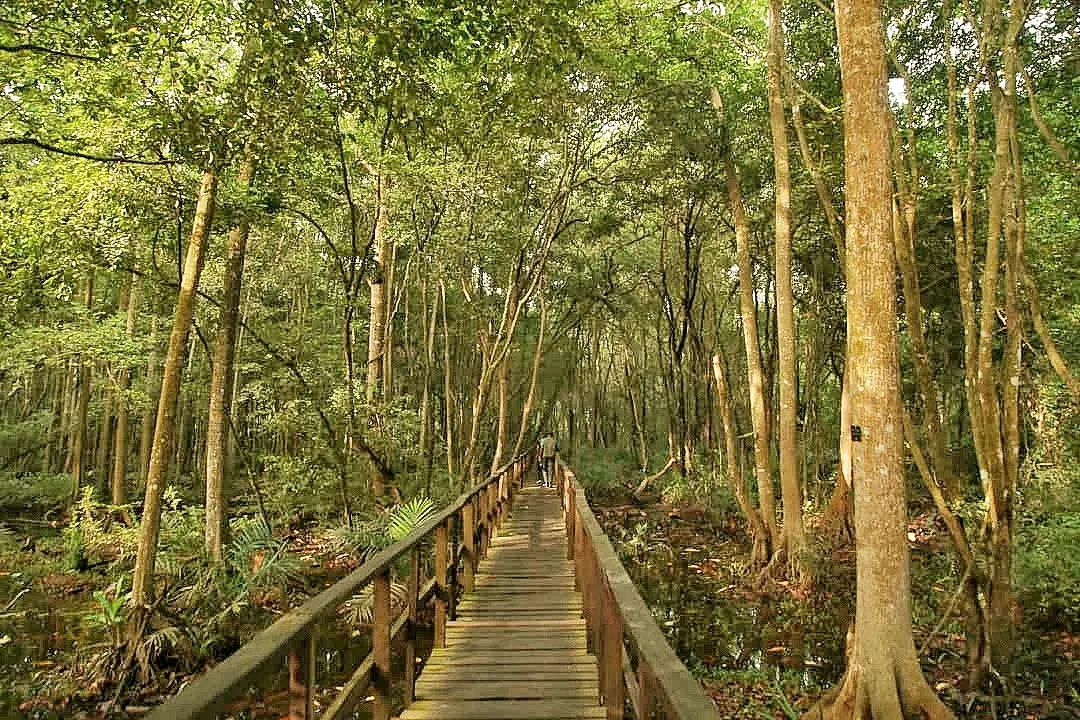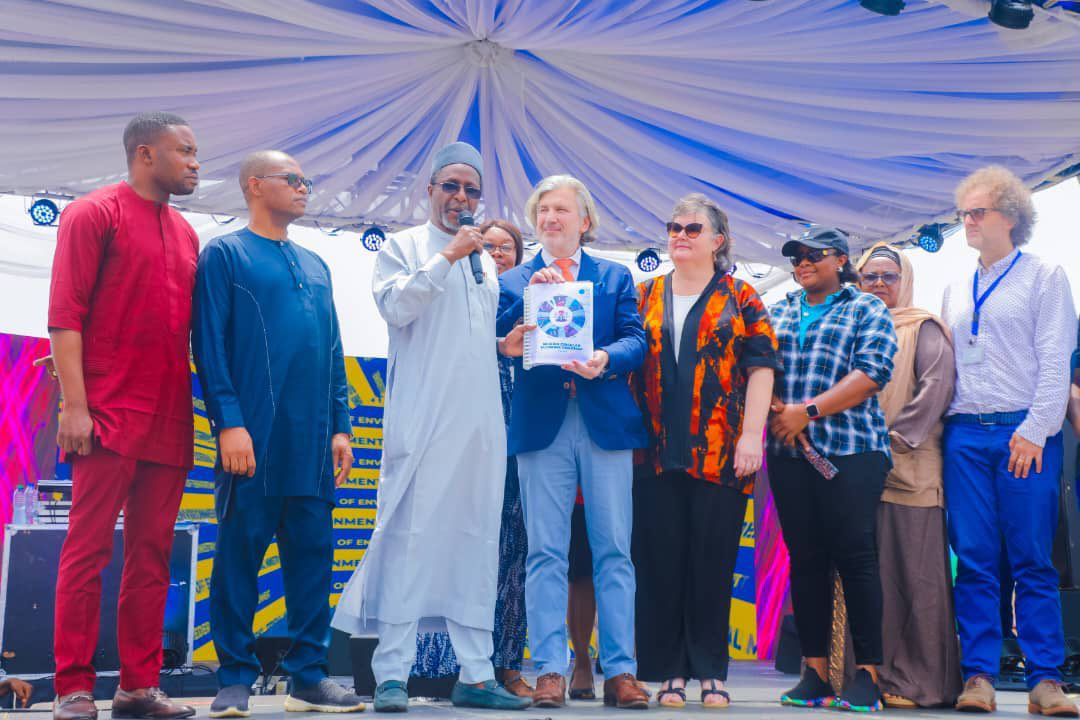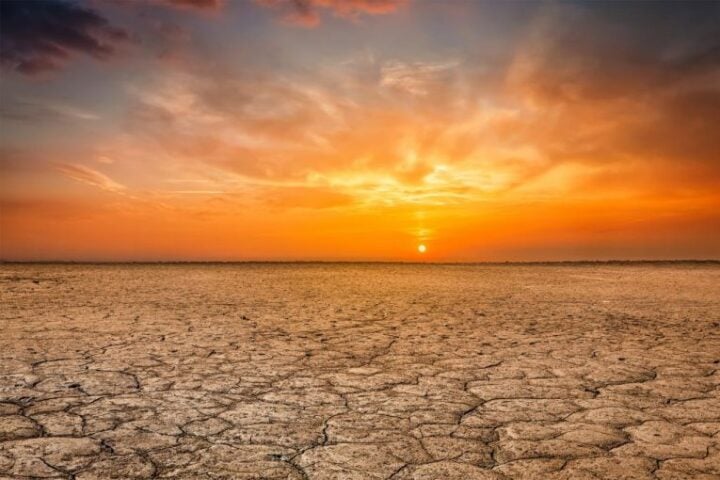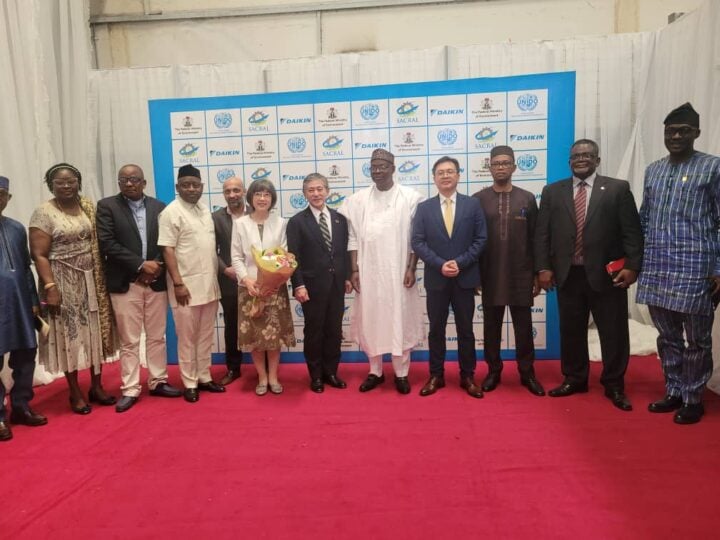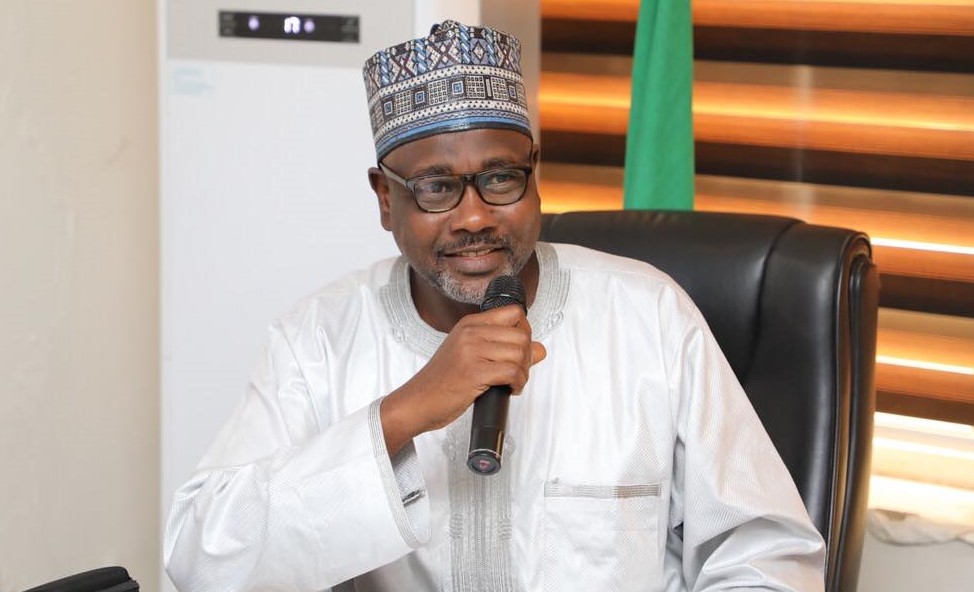Despite directly impacting our communities, health, and livelihoods, climate-related reports usually take a back seat to dominant news beats like politics and business.
Climate Watch aims to ensure you never miss important stories on climate change and actions being taken toward limiting its impact.
Here is a round-up of last week’s climate stories:
- The Nigerian Conservation Foundation (NCF) says it planted over 2,000 trees in 2023 across Lagos state to safeguard the ecosystem. Oladapo Soneye, head of communications at NCF, spoke at the reopening of the Lekki Conservation Centre on March 29. Soneye said the tree planting was in line with the foundation’s green recovery Nigeria programme. “Our Green Recovery Nigeria programme is the flagship programme for our tree planting activity, forest restoration and afforestation programme,” he said. “Last year, we planted over 2,000 trees, so this year, we will plant more, depending on the availability of funds and partnership.”
-
The Nigerian Meteorological Agency (NiMet) has partnered with HellerWeather, a US-based weather content firm, to train the agency’s television weather presenters. NiMet said the 12-month training would help to improve the communication skills of its weather presenters. Charles Anosike, NiMet’s director-general and chief executive officer (CEO), said the training would enable the presenters to establish a strong connection with their audience. Read more here.
Advertisement - Tokunbo Wahab, Lagos commissioner for environment and water resources, says the government has stepped up flood control measures to mitigate the impact of above-normal rainfall in the state. Wahab said rainfall is expected to begin in the first week of April and cease in the first week of December in Lagos. He explained that the average annual rainfall predicted for 2024 is 1936.2mm, which is higher than the long-term average of 1721.48mm. The commissioner urged residents to engage in environmentally friendly lifestyles when the rainy season begins. Find out more here.
-
The African Development Bank (AfDB) on March 26 approved a $50 million loan facility to support climate change resilience, improve livelihoods and boost food security in Yobe state. The bank said the loan was approved to support the state’s environment and climate change action plan (ECCAP), which will eventually improve the livelihoods of over 3.5 million people. The project which would cost an estimated $101.34 million would be co-financed by the Arab Bank for Economic Development in Africa (BADEA), the Yobe state government, and the project beneficiaries. Akinwumi Adesina, AfDB president, said the project would help to tackle insecurity, climate vulnerability, food insecurity and build resilient livelihoods. Find out more here.
- The federal government and Self Help Africa, a non-governmental organisation (NGO), are collaborating to reduce carbon and methane emissions by 83 and 61 percent, respectively, by 2030. Temitope Fashedemi, permanent secretary of the federal ministry of agriculture and food security, said Nigeria is one of the few countries to highlight its commitment to reducing short-lived climate pollutants (SLCPs). Fashedemi said the initiative is part of the government’s efforts to mitigate the effect of climate change in the country. Joy Aderele, the country director of Self Help Africa in Nigeria, said the programme would work with 500 farmers to reduce open burning for 18 months. Read more here.
-
A new study has found that the melting of polar ice due to human-driven climate change has slightly slowed the earth’s rotation and “could affect how we measure time”. The study revealed that the melting of the ice has reduced the speed of the planet’s rotation but noted that the earth is still spinning a bit faster than it used to. The overall increase in speed means that for the first time in history, a second will need to be taken off. This means clocks may have to skip a second — known as the “negative leap second” — in 2029 to keep universal time in sync with the earth’s rotation. This, the study found, is being influenced by global warming, adding that the melting ice is delaying the leap second by three years. Read more here.
Advertisement
Add a comment
